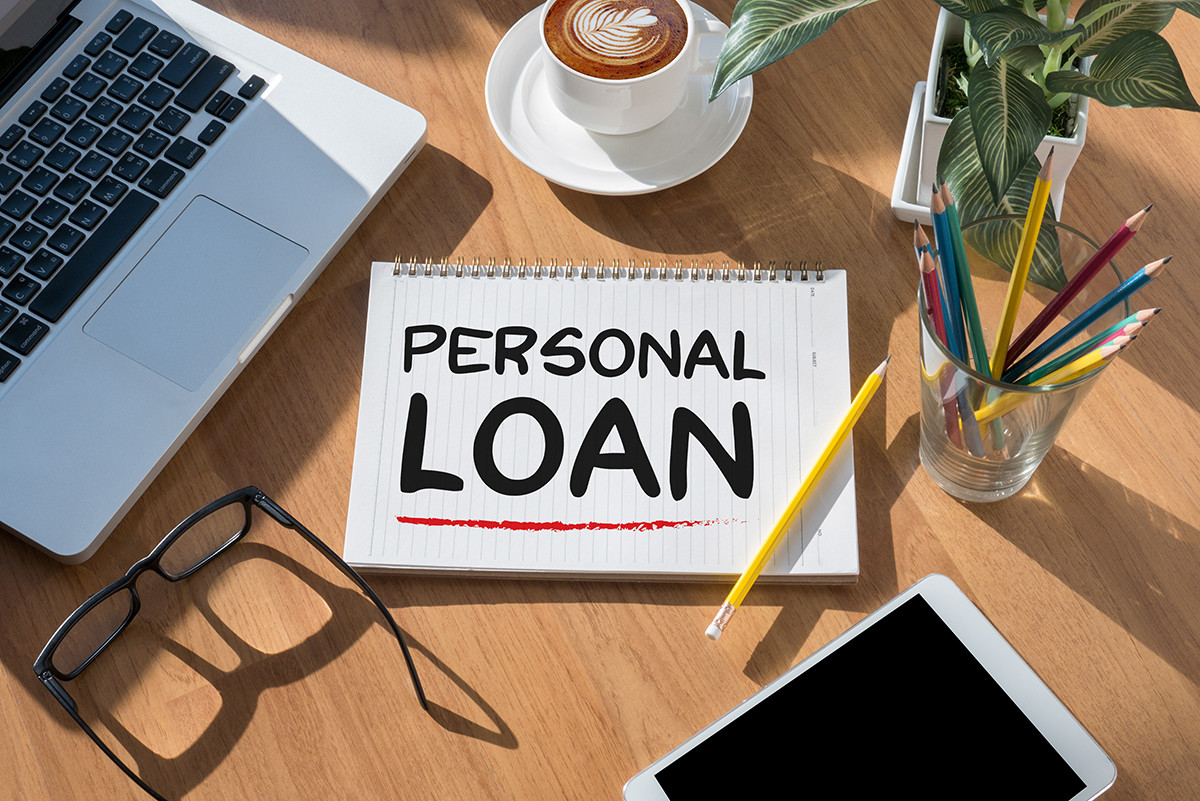Phone
9963245588
9963245588

A personal loan is a type of loan that individuals can borrow from a bank, credit union, or online lender for personal use. It is an unsecured loan, which means it doesn't require any collateral such as a house or car to secure the loan. Personal loans can be used for various purposes, such as debt consolidation, home improvement, medical expenses, education, or any other personal financial need.
When should a personal loan be taken?
For individuals seeking a personal loan, it could prove to be one viable option under a multitude of circumstances. For instance, if you wish to buy a car, you take an auto loan; you want a home, so you take a mortgage loan; or you ought to pay for your college fee and take up a student loan. However, there’s no certain reason individuals take personal loans; it could be for anything. There’ll be lenders who’ll question you about your reason to take a personal loan. However, if you have taken the loan for a legal and responsible cause, you can use it for whatever reason you deem fit. It is on you to decide what it means for you.
Since collateral is not required for taking personal loans, they are unsecured. So, when you take a car loan, your car becomes your collateral; similarly, in a mortgage loan, the home acts as the collateral. But in case of personal loan, there’s nothing. So, that directly implies that the rate of interest will be huge. However, if you desire a low-cost personal loan, you can also get a secured personal loan.
Here are a few circumstances under which you could get your self personal loan.
Loan Amount and Terms: Personal loans typically range from a few thousand dollars to tens of thousands of dollars, depending on the lender and your creditworthiness. The repayment terms can vary but are usually between two to seven years.
Interest Rates: Personal loans generally have fixed interest rates, which means the rate remains the same throughout the loan term. The interest rate you receive depends on factors like your credit score, income, loan amount, and the lender's policies. Higher credit scores often result in lower interest rates.
Credit Requirements: Lenders assess your creditworthiness to determine if they will approve your loan application. They consider factors such as credit history, credit score, income, and debt-to-income ratio. A good credit score increases your chances of approval and favorable interest rates.
Application Process: To apply for a personal loan, you'll need to provide personal information, employment details, and financial documents such as bank statements and pay stubs. Lenders evaluate your application and credit profile before approving or declining the loan.
Repayment: Personal loans are repaid in fixed monthly installments over the loan term. The monthly payment amount includes both the principal amount borrowed and the interest charged. It's important to make timely payments to avoid late fees and negative effects on your credit score.
Pros and Cons: Personal loans offer flexibility in terms of usage and can help consolidate debt or finance large expenses. They may have lower interest rates compared to credit cards. However, personal loans may involve origination fees or prepayment penalties. It's important to carefully review the terms and conditions before taking out a loan.
Alternatives: Before opting for a personal loan, consider alternatives like credit cards, home equity loans or lines of credit, or borrowing from friends or family. Each option has its own advantages and considerations based on your specific financial situation.
it's crucial to assess your financial needs and repayment capabilities before taking on any debt. It's recommended to compare loan offers from multiple lenders to find the best terms and interest rates that suit your requirements.